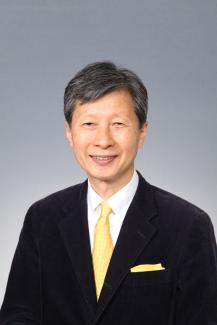Event

The war in Ukraine clearly demonstrated a new tripolar global structure. In addition to the two groups of autocratic and democratic states, there are a large number of silent but significant countries that do not want to be part of either group. Hamas's indiscriminate terrorism has fragmented and complicated the global structure even more and has fueled anti-Israel movements around the world. In this global structure, values shared by the West, such as democracy and human rights, cannot unite the international community, even in countering aggression against a member country. Europe and East Asia are linked together in terms of national security, even though they are situated on opposite sides of the Eurasian continent. The two wars proved this fact. This lecture will highlight (1) the implications of these two wars in East Asia, and (2) Europe-East Asia national security connectivity. It will also discuss the need for the West to renew its security posture and alliance policies in order to respond to the new strategic environment.
Tomohisa Takei joined the Japan Maritime Self Defense Force (JMSDF) in 1979 after graduating from the National Defense Academy. He rose to the rank of admiral and served as the thirty-second chief of maritime staff from October 2014 until his retirement in December 2016. Currently, Takei serves as a special advisor to the chief executive officer of engineering company SAMPA KOGYO K.K, an advisor to the Japan Forum of Strategic Studies, and as a visiting fellow at the Japan Institute for International Affairs. He studied at the Graduate School of the University of Tsukuba, receiving a master’s degree in regional studies in 1993. He also graduated from the Naval Command College of the US Naval War College in 1999. From 2017 to 2020, Takei served as the chief of naval operations’ distinguished international fellow in the US Naval War College’s International Programs Department.
This is a hybrid event. Register here.